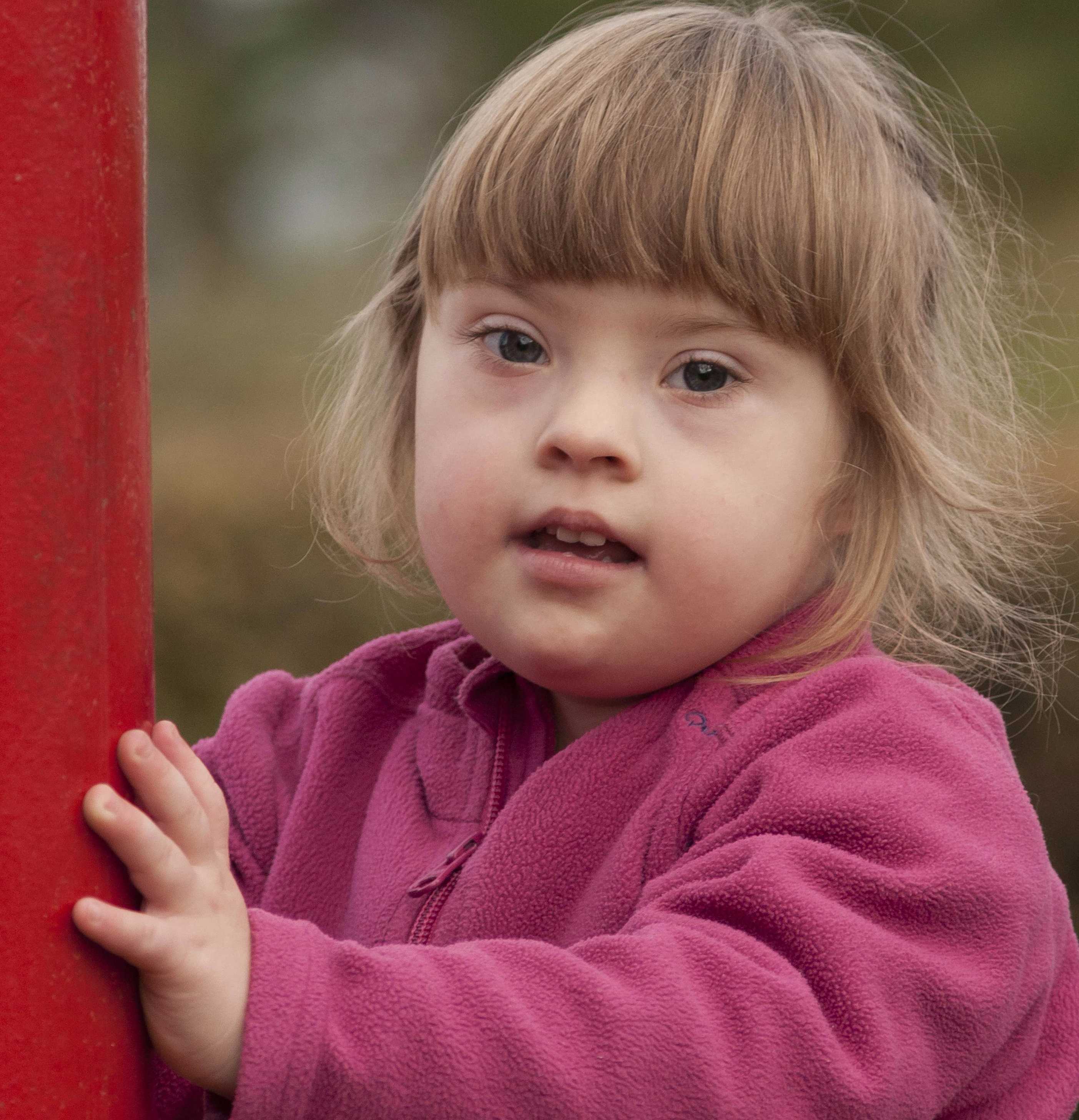 INDIANAPOLIS, Ind. — The attorney general of Indiana says that he plans to file an appeal after a federal judge appointed to the bench by then-President Barack Obama issued a permanent injunction against a state law that bans the murder of unborn children based on a Down Syndrome diagnosis or any other disability, but stops short of ending all abortion in the state.
INDIANAPOLIS, Ind. — The attorney general of Indiana says that he plans to file an appeal after a federal judge appointed to the bench by then-President Barack Obama issued a permanent injunction against a state law that bans the murder of unborn children based on a Down Syndrome diagnosis or any other disability, but stops short of ending all abortion in the state.
“By declaring unconstitutional a state law that would bar abortions based solely on race, sex or disability such as Down syndrome, a federal judge has cleared the path for genetic discrimination that once seemed like science fiction,” Attorney General Curtis Hill said in a statement.
“This state has a compelling interest in protecting the dignity of the unborn and in ensuring they are not selected for termination simply because they lack preferred physical characteristics,” he added.
U.S. District Judge Tanya Walton Pratt ruled on Sept. 22 that the law, H.B. 1337, was unconstitutional and clashed with the 1973 ruling of Roe v. Wade, which stated that mothers may obtain an abortion until the point of viability—that is, the time when the baby may survive apart from the life support of his or her mother’s womb.
“The challenged anti-discrimination provisions directly contravene well-established law that precludes a state from prohibiting a woman from electing to terminate a pregnancy prior to fetal viability,” Pratt wrote. “The United States Supreme Court has stated in categorical terms that a state may not prohibit any woman from making the ultimate decision to terminate her pregnancy before viability.”
“It is clear and undisputed that unless Roe v. Wade and Planned Parenthood of Southeastern Pa. v. Casey are overturned by the United States Supreme Court, this court is bound to follow that precedent,” she said.
Pratt also struck down a section of Indiana law that required that aborted children be buried or cremated instead of being incinerated as pathological waste and dumped into landfills. She said that the law doesn’t recognize “fetuses” as people, and therefore, their bodies should not have to be handled the same as when a born person dies.
“Stated otherwise, if the law does not recognize a fetus as a person, there can be no legitimate state interest in requiring an entity to treat an aborted fetus the same as a deceased human,” Pratt asserted.
Planned Parenthood cheered the ruling, stating that “there is no medical basis” for the law, also known as the “Sex Selective and Disability Abortion Ban.”
“Every person deserves the right to make their own personal decisions about abortion. There is no medical basis for these restrictions. This is just another example of politicians coming between physicians and patients,” asserted Christie Gillespie, the president of Planned Parenthood of Indiana and Kentucky.
As previously reported, H.B. 1337 was signed into law in March 2016 to protect babies that would otherwise be killed because of an adverse diagnosis.
“Indiana does not allow a fetus to be aborted solely because of the fetus’s race, color, national origin, ancestry, sex, or diagnosis or potential diagnosis of the fetus having Down syndrome or any other disability,” the bill, introduced by Rep. Casey Cox, R-Fort Wayne, read.
It also cited physical and mental disabilities, disfigurement, scoliosis, dwarfism, albinism and amelia.
Indiana Sen. Liz Brown, R-Fort Wayne, told reporters at the time that the bill was needed because physicians sometimes encourage mothers to abort in explaining that their child has a health challenge or abnormality.
“What we hear from doctors is, ‘It would really be better off if you were not born,’” she lamented. “If you are born, we will love you, and we think you have equal rights and should be a member of society. In fact, we have the Americans with Disabilities Act and have to make accommodations. But we don’t want to make the accommodation before you’re born, and in fact, it would really be easier if you were not born.”
Become a Christian News Network Supporter...


